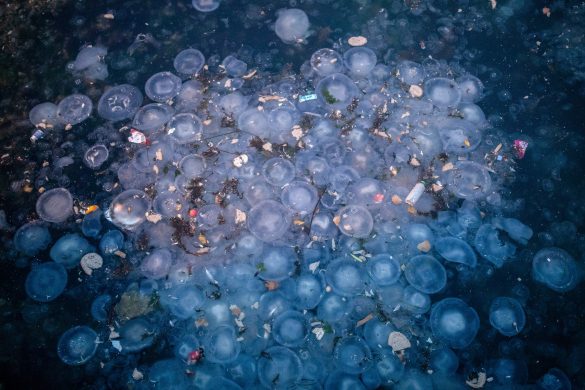Iraqs ancient marshlands that were drained by Saddam Hussein to put down a Shiite uprising are nearly half-restored, giving hope of saving traditional habitats for both people and animals, the United Nations said Wednesday.
The UN Environment Program (UNEP) said its satellite images showed that 37 percent of the permanent wetlands was now restored, with the figure nearing 50 percent in the spring before water evaporated with the summer heat.
Ali Khaiun, a member of the Iraqi parliament, said that while the program was laudable, Marsh Arabs still needed improvements in infrastructure such as roads, electricity and drinking water. Saddams draining of the wetlands forced the bulk of the Marsh inhabitants to give up their traditional farming and fishing and to head to cities to work as laborers.
Saddam Hussein began moving against the Marsh Arabs in the early 1990s, accusing them of supporting a Shiite Muslim uprising after the first Gulf War and harboring criminals.
A combination of dams and canals blocked water from the marshes, turning what was once a pristine, wetland ecosystem into semi-desert and forcing all but 40.000 of the areas 450.000 inhabitants to flee. But after the March 2003 war to topple Saddam, residents began returning and breaking the barriers, letting water again flow freely in a region where people had lived on small islands and moved on small wooden boats for thousands of years.
Llast year, the UN announced an 11 million US dollar (66 mio. DKR) project funded by Japan to help restore the marshes and provide clean drinking water and sanitation for 100,000 people living there.
The program is providing settlements with water treatment systems and restoring reed beds that act as natural water filters. It is also training 250 Iraqis in wetland management and restoration. Still, re-flooding the marshes requires a delicate balance of salt and plant life. The UNEP warns that more detailed field analysis of soil and water quality is need to gauge the exact state of rehabilitation.
– While the re-flooding bodes well for the Iraqi marshes, their recovery will take many years, Klaus Töpfer, UNEP Executive Director, said adding:
– We must continue to monitor the situation carefully and make the necessary long-term investment in marshlands management.
Kilde: www.worldbank.org














